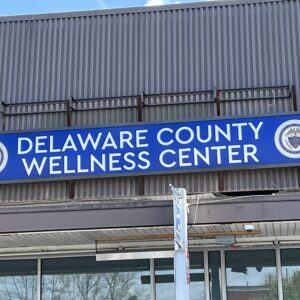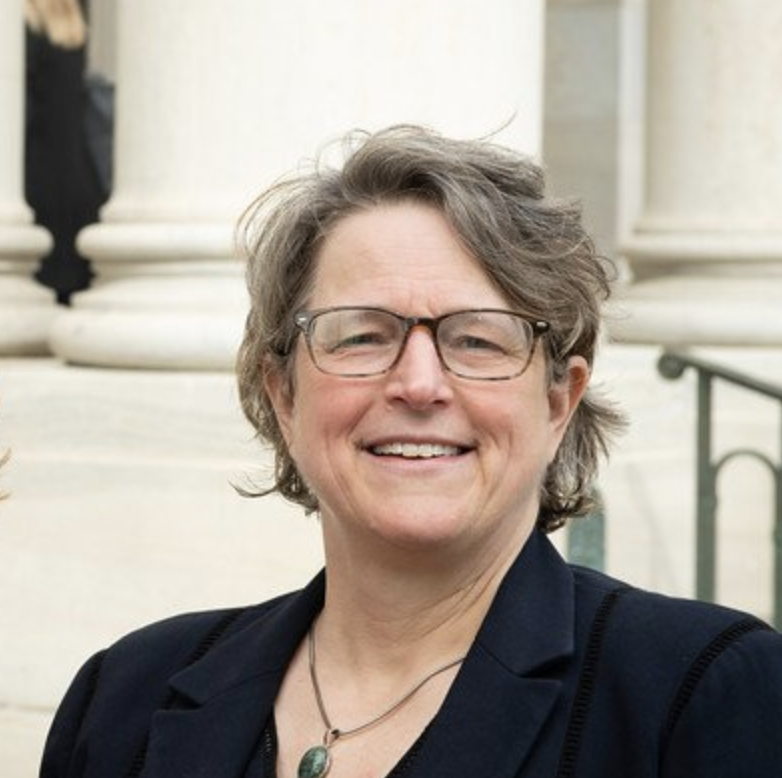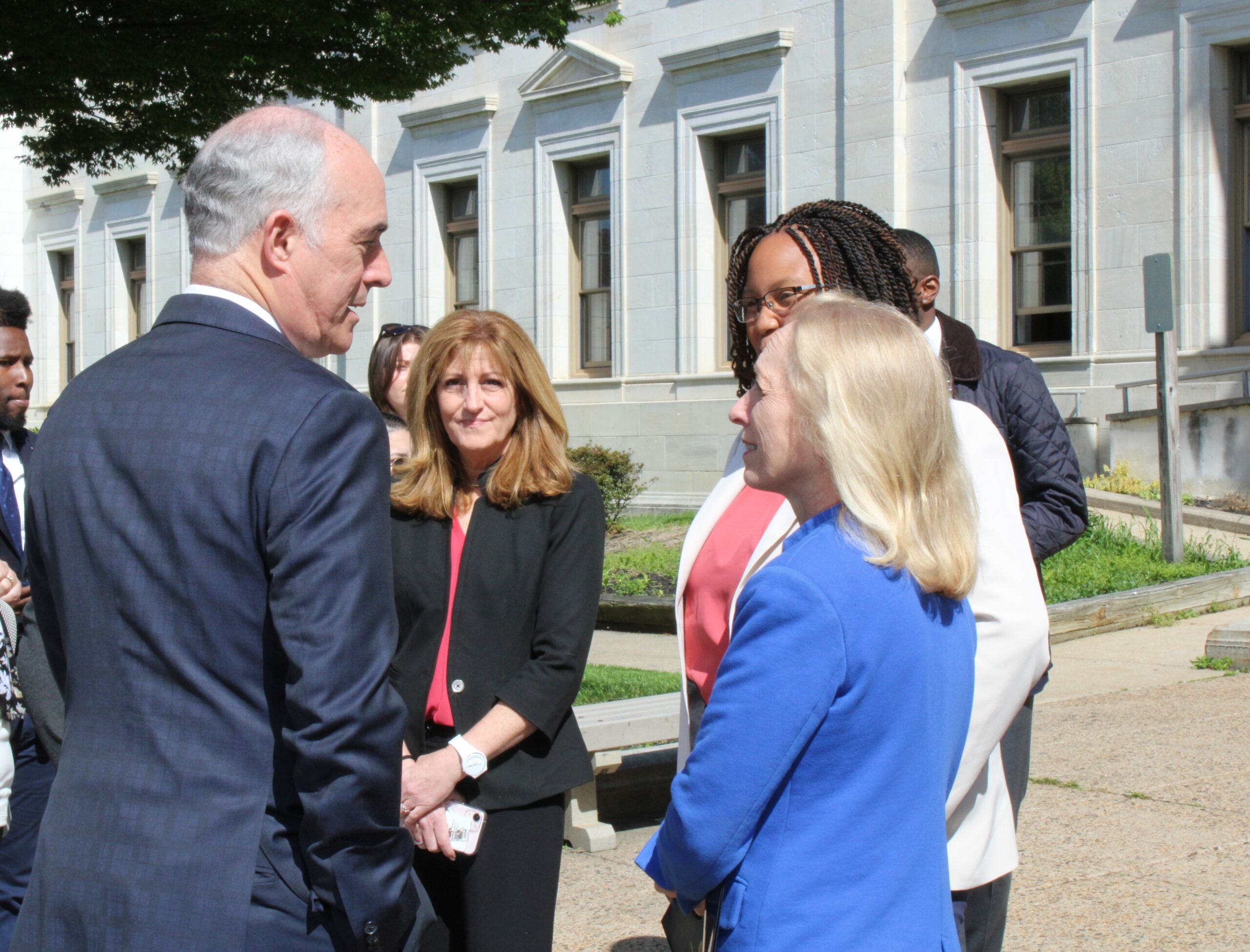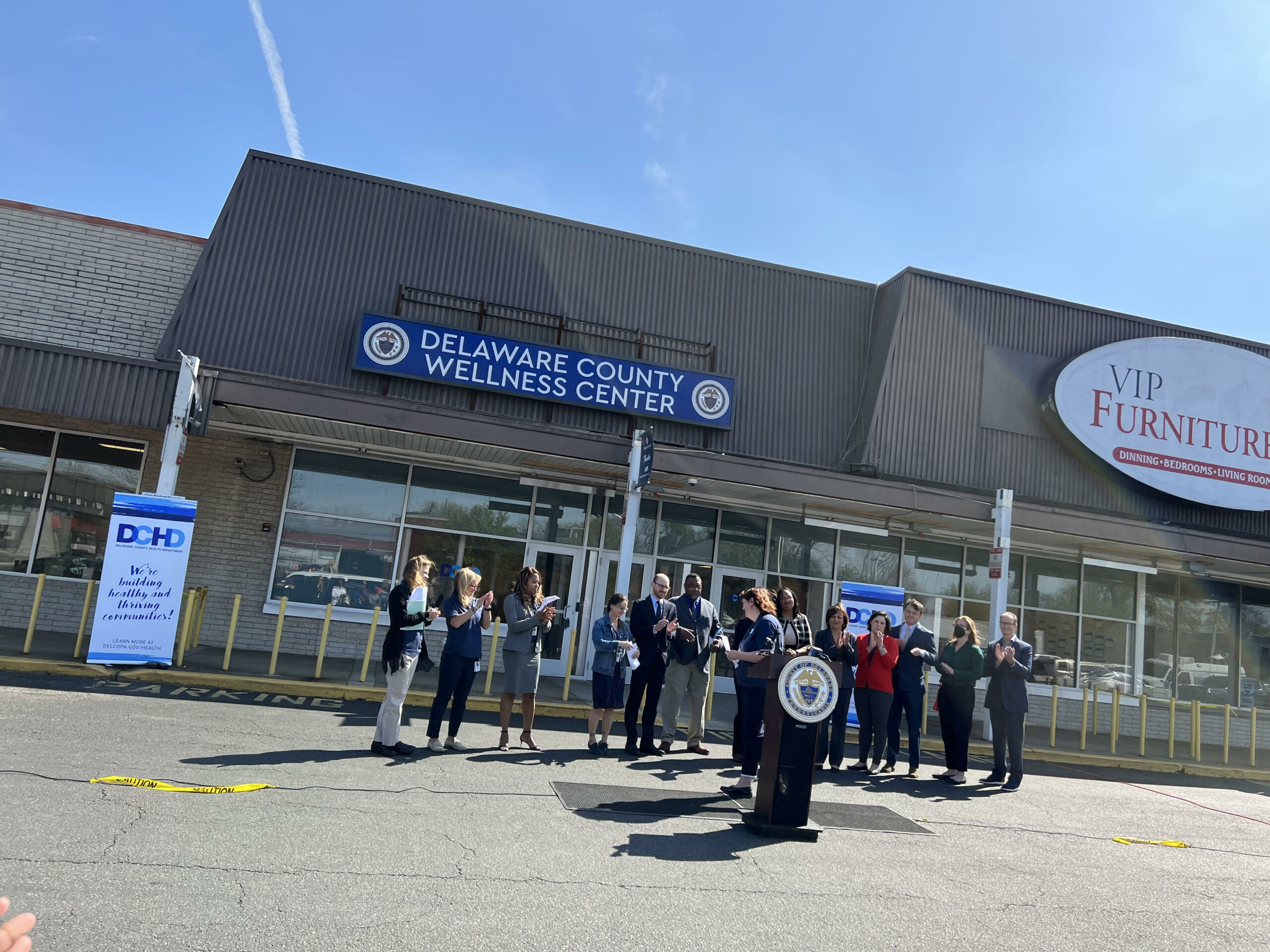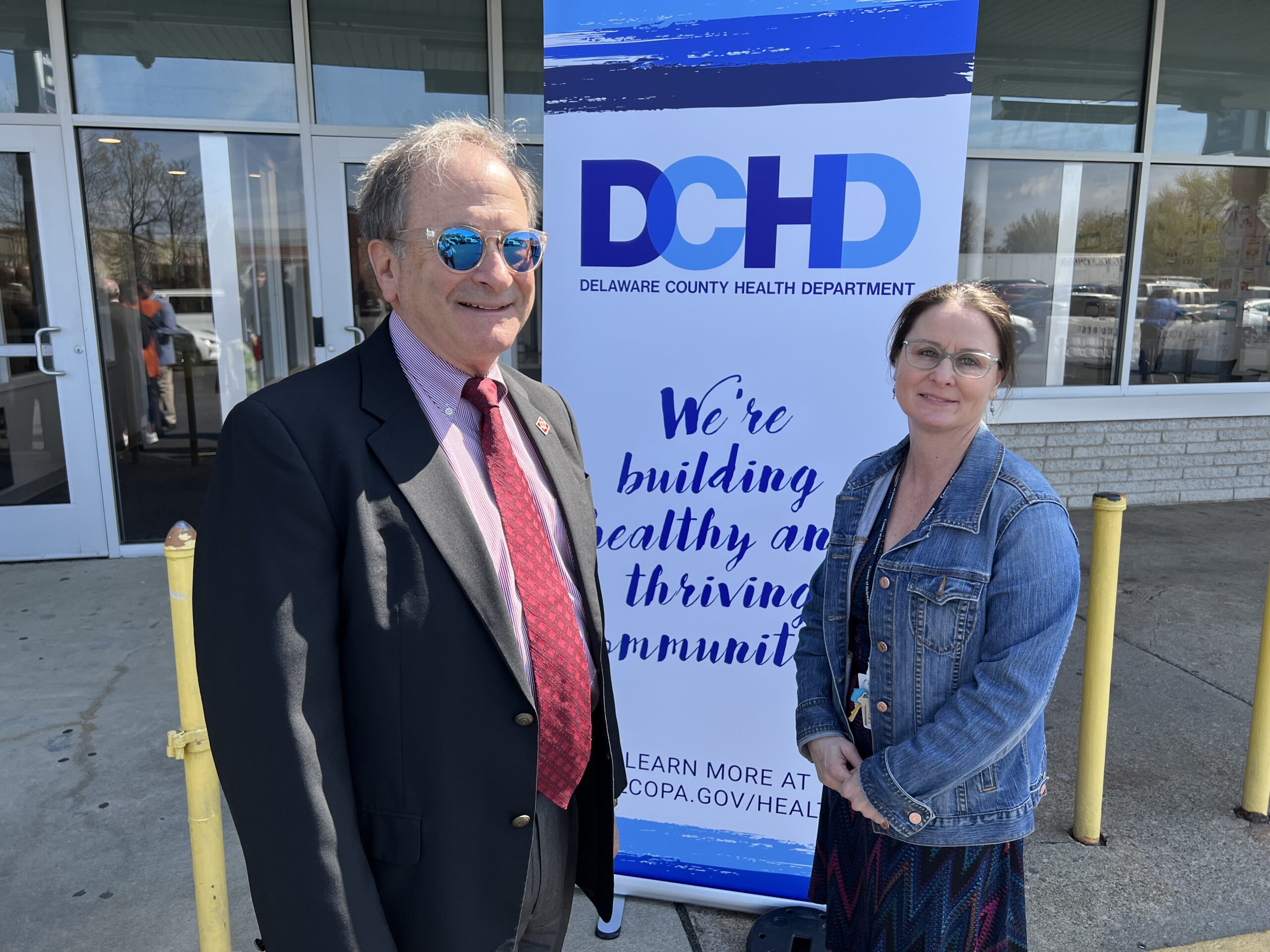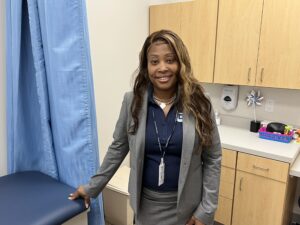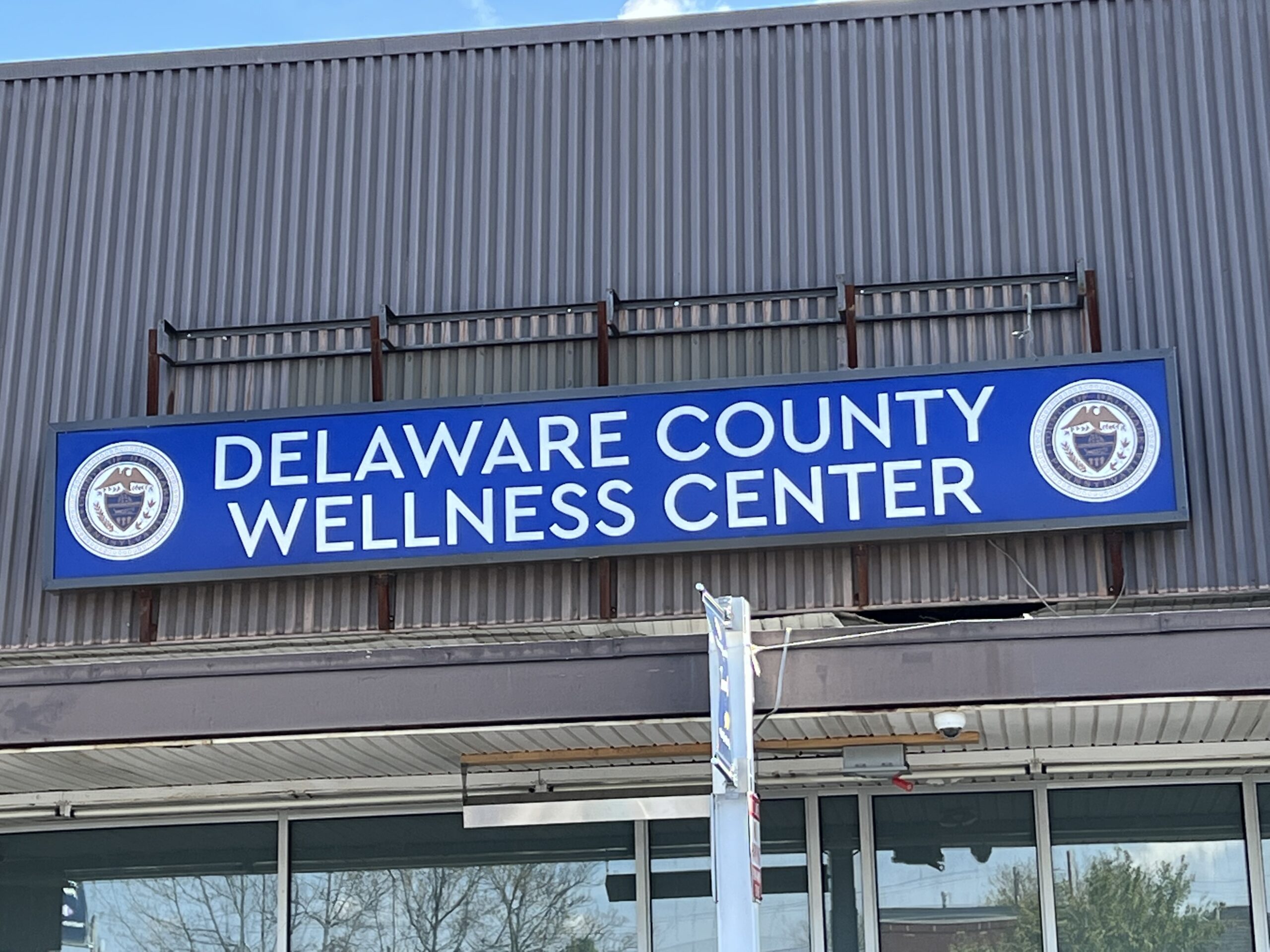
Delaware County’s gleaming new health department last month marked its first year in operation after what the county said was “a year of accomplishments.”
Emergency first responders in the county may agree to disagree.
That was the topic of discussion at last month’s “EMS on Life Support” meeting in Brookhaven, where county council members, state legislators, and emergency first responders gathered to discuss the crises facing local ambulance and rescue workers, including bare-bones insurance reimbursements, low rates of pay, and chronic staffing issues.
The major financial squeeze comes as the year-old Delaware County Health Department is drawing millions of dollars to fund its operating expenses. The county health department’s 2023 budget will cost $18,294,538 for 2022-2023, with its “primary funding sources” being “grants and reimbursements.”
Brookhaven EMS Administrator Dave Montella said at the April meeting, “If something doesn’t change in the next year, year and a half,” then Delaware County “will not be in the EMS service, period.”
Montella told DVJournal that “the issues that we’re facing, primarily, are staffing and gross underpayments from insurance companies.”
“It’s basically providing a chokehold,” he said.
Montella said there were “multiple reasons for the staffing issues,” which he noted go back as far as 2017. He said at that time, “We saw a gradual decrease in people entering into the profession,” while emergency responders began to struggle with retention rates as well.
“Definitely post-COVID, and during, we lost tremendous numbers of people,” he explained, estimating “probably, nationwide, a greater-than-30 percent loss of EMS providers” in the wake of the pandemic.
Insurance companies are paying out low reimbursements, Montella said, and consequently, rescue squads and local governments have had to keep pay rates low for emergency workers.
The end result is EMS workers leaving “to work at restaurants, Home Depot, Lowes. They’re getting more money there when they’re doing a job when there’s no danger of bringing something to home to their family,” he said.
Asked about the new county health department, Montella said it is “completely separate” from county EMS operations and “has no bearing” on any emergency services.
“It’s just something the county thought it needed to do to provide for the residents to get strong advice, particularly during the pandemic,” he said.
Delaware County state Rep. Lisa Borowski told DVJournal the health department’s outreach functions will help “support our fire/EMS [by] providing people increased access to preventive healthcare and keeping people healthy, so there are less emergent situations.”
Regarding more funding for EMS workers, Borowski (D-Newtown Square) pointed to her introduction of House Bill 479, which she said would “allow for EMS to be reimbursed for transport of Medicaid patients.”
That bill was unanimously voted out of committee Monday and will go to the full house.
Rep. Jennifer O’Mara(D-Springfield) thanked Borowski for authoring it.
“We have hospital closures impacting our communities all across the commonwealth,” said O’Mara. “And one of the things I’ve heard from EMS providers is they’re now forced to drive longer distances. Now they may not be out of the 20 mile range, but they’re still taking on more and in the ambulance for longer periods of time. So anything that’s been done to address this issue, I think that’s been a really important part of the bill. Anything we can do to help them is huge in so many different ways. So I just wanted to thank the maker of the bill for working on this. Thank you.”
“Currently, they do not get reimbursed until they transport 20 miles, this bill will eliminate the mileage requirement, so EMS get paid for services,” Borowski said.
“But we also need to lobby to increase Medicaid reimbursement,” she added, “and I hope to work with our federal representatives to address this issue.”
In addition to low reimbursements, Borowski said insurance billing practices present another hurdle for EMS administrators to overcome.
“Direct billing by some insurance companies sees the reimbursements being sent to the patient with the expectation they then pay the EMS for care,” she said. “This does not always happen, and in many cases, the [return on investment] on trying to recoup these funds presents a challenge for volunteers whose time is stretched with many responsibilities.”
Montella agreed reimbursement problems are the major hurdle to driving up pay rates for responders.
“We would love to pay them more,” he said, “but our only way of paying them is through medical reimbursement. We don’t have the ability to pass it on to the consumer.”
In addition to its high price tag amid local EMS financial struggles, the new county health department has been mired in administrative controversy since its inception.
And an analysis of the functions that county officials claimed credited to the new health department showed they were actually performed by the state, such as COVID-19 vaccines, and showed many were given before the health department began, meaning the tally was 2,364 rather than 172,000.
Also, a Johns Hopkins student who examined health services in the county found the county could do better by creating better organization around the services already provided by the state instead of creating its own health department.
Townships in Delaware County previously balked at the proposal that the health department take over health inspections overseen by local inspectors. In some cases, the fee hike on those inspections was projected to top 500 percent.
Multiple Delco towns asked the county Court of Common Pleas to block the plan’s implementation. The court maintained an injunction against the inspections for much of 2022.
In October, Common Pleas Judge Spiros Angelos formally barred the county from conducting inspections in first-class townships, though lower-level municipalities will still be subject to county health department oversight.
The health department, county council and the Delaware County Black Caucus will hold an open house at the remodeled DCHD Wellness Center in Chester on Saturday from 11 a.m. t0 2 p.m. with a rain date set for Sunday. The Wellness Center is 151 W. 5th Street in Chester.
“The revitalization of our Wellness Center at Chester is a symbol of our commitment to the people of Chester and its surrounding communities,” said Director Melissa Lyon. “The first step in helping people feel better is making them feel welcomed and invited into our Wellness Centers.”
